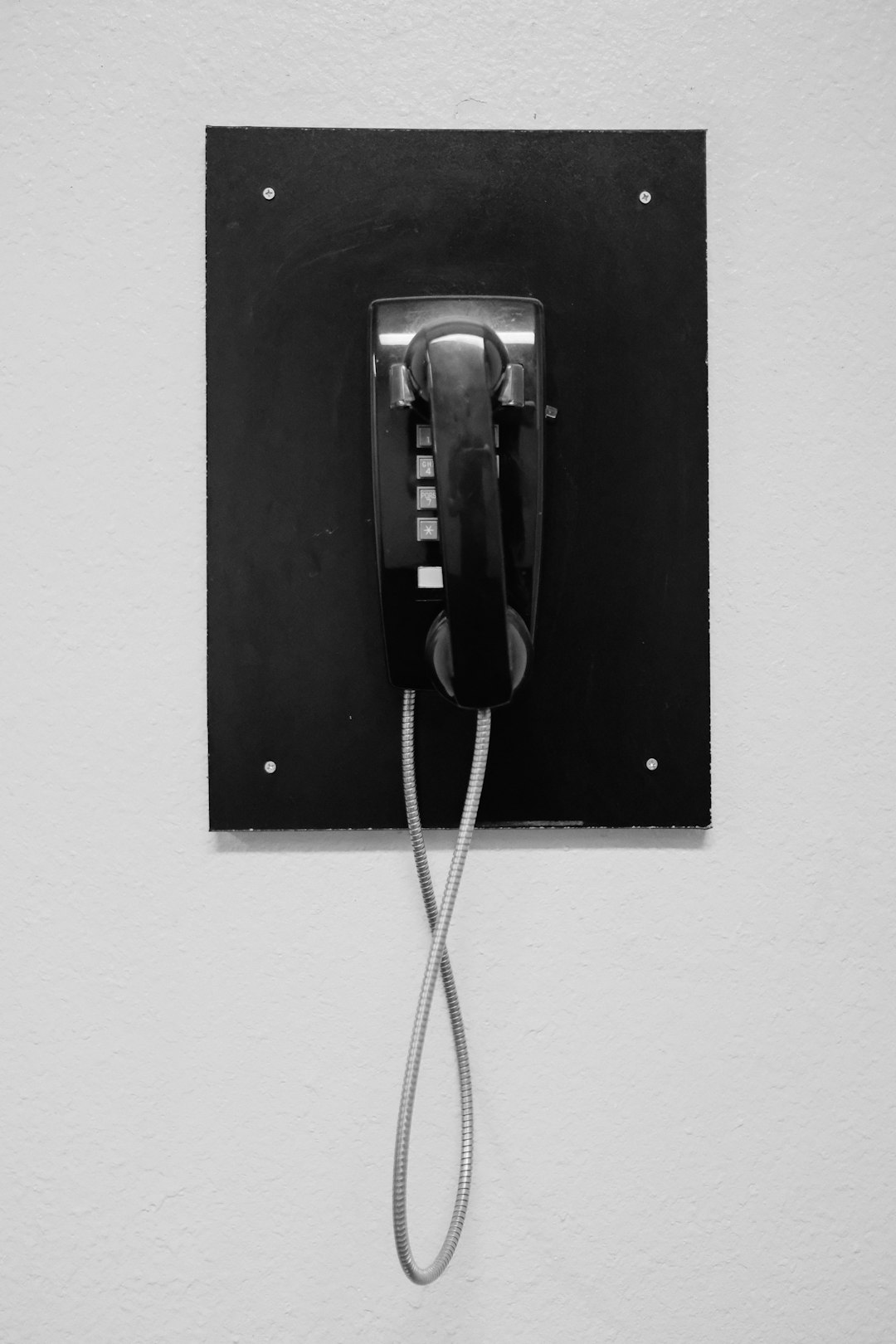Connecticut's Do Not Call law offers robust protection from unsolicited text messages from businesses and law firms. By registering on the state list, residents can opt-out of promotional texts, ensuring privacy. The strict law includes penalties for violators and easy complaint mechanisms, making it a powerful tool to curb intrusive marketing, especially from law firms.
In Connecticut, consumer protection laws are in place to safeguard against unwanted text messages. The state’s strict Do Not Call Law empowers residents to control how they receive marketing communications, including texts. This article explores Connecticut’s regulations, helping consumers understand their rights against text message marketing. We’ll guide you on protecting your phone from unsolicited messages and provide insights into navigating the legal framework offered by Connecticut’s Do Not Call law firms.
Understanding Connecticut's Do Not Call Law

Connecticut’s Do Not Call Law is a powerful tool that protects consumers from unwanted telemarketing calls, including text messages. The law, enforced by the Connecticut Attorney General’s Office, allows residents to register their phone numbers on a state-wide “Do Not Call” list. This simple step ensures that they won’t receive marketing texts from businesses or law firms based in Connecticut.
The law covers a wide range of communications, including automated calls and text messages, and offers significant penalties for violators. Consumers can file complaints if they receive unsolicited texts, with the Attorney General’s Office actively pursuing enforcement actions against companies that disregard the state’s regulations. This robust framework makes Connecticut an attractive jurisdiction for consumers seeking to halt intrusive and unwanted text messaging.
Consumer Rights Against Text Message Marketing

In Connecticut, consumer rights against text message marketing are protected by state laws designed to prevent unwanted and intrusive communication. The Do Not Call law specifically extends to text messages, empowering individuals to opt-out of receiving promotional or advertising texts from businesses. This means that if you’ve opted out, any text messages you receive from companies without your explicit consent could be considered a violation of this legislation.
Connecticut’s regulations offer consumers control over their communication preferences, ensuring they’re not bombarded with unsolicited text messages. Businesses must obtain prior written consent for marketing purposes and provide an easy way for recipients to opt-out. This balance between businesses’ promotional efforts and consumer privacy rights makes Connecticut a leader in protecting its residents from unwanted text message marketing.
Protecting Your Phone from Unwanted Messages

To protect your phone from unwanted text messages, especially those from law firms or other businesses promoting their services, Connecticut offers a robust defense. The state’s Do Not Call laws are designed to curb unsolicited communication and give consumers control over their contact preferences. By registering your number on the state’s Do Not Call list, you can significantly reduce the volume of these messages.
This simple step ensures that your phone remains free from intrusive marketing texts, providing a peaceful environment. Remember, while these laws offer a buffer, it’s essential to stay vigilant and review privacy settings on your device to further safeguard your communication channels.






